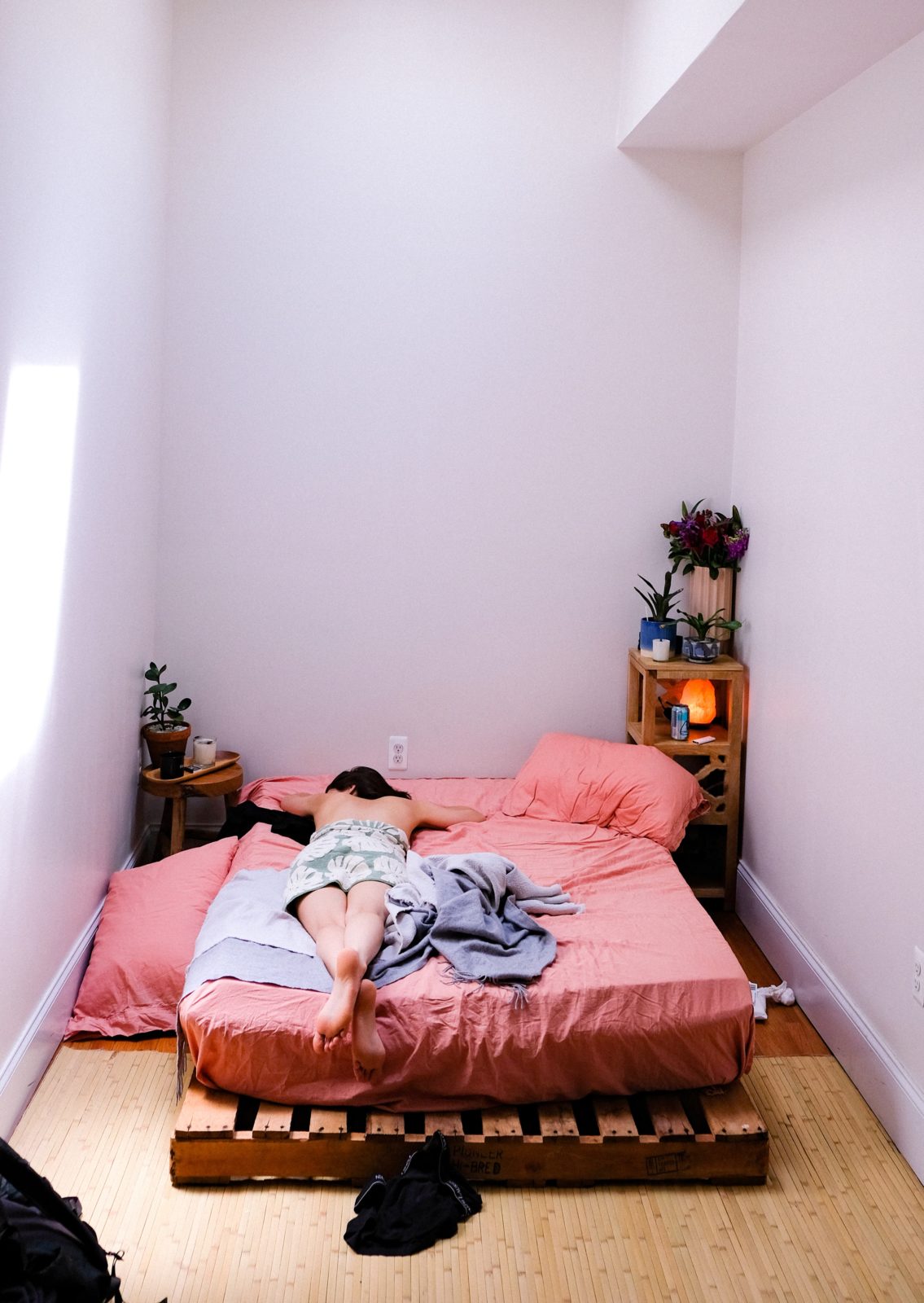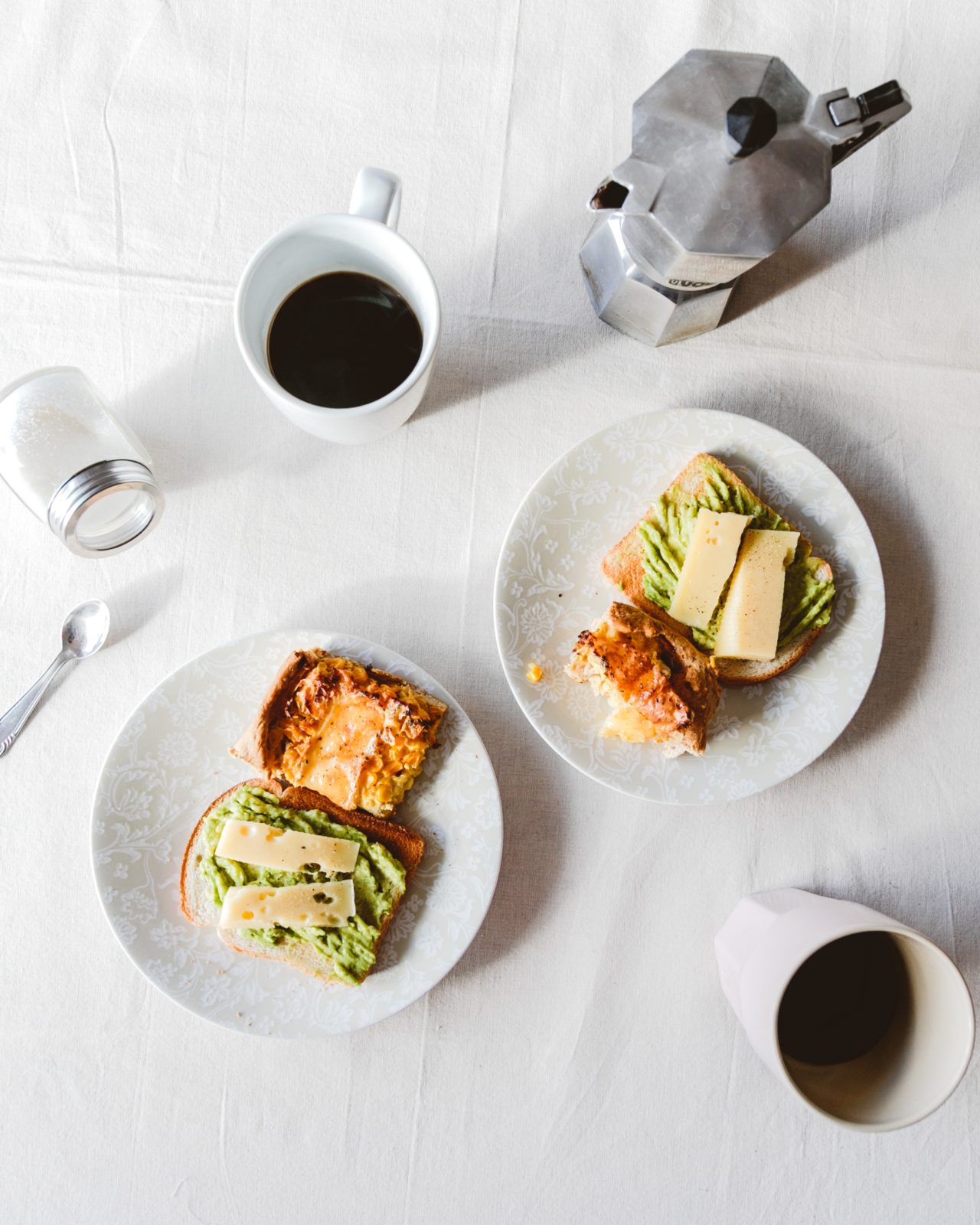It’s the start of a new year and new decade, and while some resolutions are best left in January, others can reap lifelong benefits. Making a resolution to improve your sleep in 2020 could have a multitude of benefits, including improved mood and better mental and physical health. To help you on your way to better sleep, Holly Housby, sleep expert at Sealy UK, shares 5 IDEAL sleep resolutions we should all be making in 2020. From investing in a luxury pillow-top beds to eat more avocado read on…
RESET YOUR ROUTINE
While we might all love a weekend lie-in, this can actually be detrimental to our sleep pattern. By allowing ourselves a later bedtime, and in turn a later wake-up at the weekends, our bodies are actually experiencing the same impact as they would from jet lag.
While you might be tempted to catch up on lost sleep from the week, this can play havoc with your body’s circadian rhythm – the internal ‘clock’ which controls your energy levels. A regular bedtime, on the other hand, will signal to your body that it’s time to feel tired, meaning you’ll be more likely to drop off to sleep no matter what day of the week.


DECLUTTER YOUR BEDROOM
If you’re already struggling to drop off to sleep at night, a cluttered bedroom is going to do you no favours. While a comfy and supportive mattress is crucial to helping you rest (if you don’t have a comfy mattress yet, start with this article) the environment in which you sleep also plays a huge part in the quality of your slumber too.
In fact, studies have shown that those who have a messy and cluttered bedroom have a worse night’s sleep due to increased stress levels – compared to those that keep their room nice and tidy. Make sure to have a clear out and tidy in order to create the perfect sleep oasis that will leave you feeling calm and relaxed rather than stressed out and restless.
REDUCE YOUR LIGHT POLLUTION
Light is one of the key influencing factors in your natural body clock, which is why it’s important to limit the amount of light you’re exposing yourself to in the run-up to bed. Melatonin, the hormone responsible for controlling our body clock, is produced in the brain at night, meaning exposure to light before bed can have a negative impact on our sleep by suppressing its production and preventing us from feeling tired.
The best way to avoid this is to keep the lights dimmed in your home in the hours before bedtime, and to limit the amount of blue light you’re exposed to from screens such as TV and mobiles for around 30 minutes before you plan to sleep.
EAT MORE AVOCADO
As if the relationship between millennials and avocado isn’t cosy enough, it’s now known that foods high in magnesium, such as avocado, bananas and almonds, could be exactly what you need to drift off into a deep sleep. This is because magnesium decreases levels of cortisol, the ‘stress hormone’, helping us feel more relaxed and to drift off with ease.

KEEP A SLEEP JOURNAL
A sleep diary is a great way to help you identify what factors in your life are helping and hindering your sleep. Make a note of everything from your sleep times and what wakes you up during the night, to the food you’ve eaten, your amount of screen time, and your day’s activity. After keeping a record of your sleep for a month, you’ll be able to identify patterns of what aids and abets you achieving a good night’s rest.





